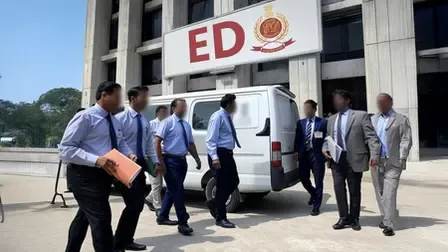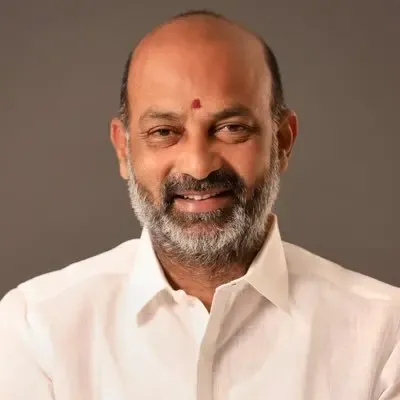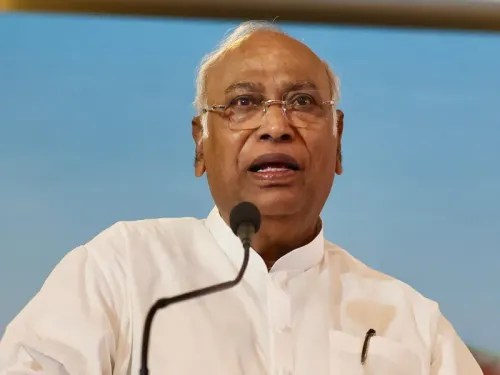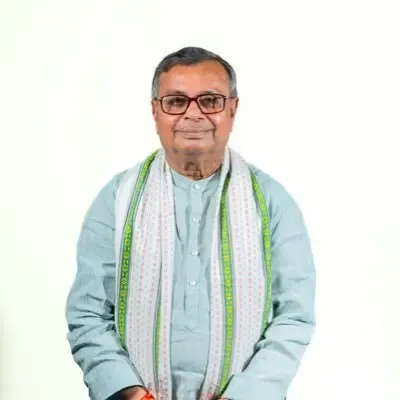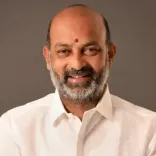Supreme Court Schedules May 14 Hearing on Petitions Challenging Law Excluding CJI from Election Commission Selection Panel
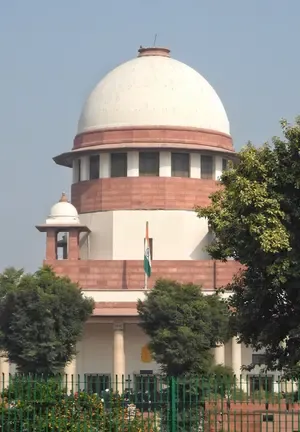
Synopsis
Key Takeaways
- The Supreme Court has set a hearing date for May 14.
- Petitions contest a law excluding the CJI from the Election Commission selection process.
- The legislation was passed by Parliament and has faced multiple challenges.
- A panel including the PM and LoP is involved in appointments.
- The Supreme Court previously upheld a different appointment process.
New Delhi, April 16 (NationPress) The Supreme Court has scheduled a hearing for May 14 regarding several petitions contesting the legislation enacted by Parliament, which omits the Chief Justice of India (CJI) from the appointment process of senior officials within the Election Commission.
During the proceedings, advocate Prashant Bhushan, representing the NGO, the Association for Democratic Reforms, requested an urgent hearing. A bench led by Justice Surya Kant confirmed that it would deliberate on the challenges to the legitimacy of the Chief Election Commissioner and other Election Commissioners (Appointment, Condition of Service and Term of Office) Act, 2023, next month.
Previously, on March 19, the Justice Kant-led bench scheduled a hearing for April 16, ensuring that not many urgent cases would be on the agenda, prioritizing this matter.
In March 2023, a Constitution Bench of the Supreme Court ruled that the appointment of senior officials in the Election Commission should be conducted by the President based on the advice of a panel consisting of the Prime Minister, the Leader of the Opposition (LoP) in the Lok Sabha, and the Chief Justice of India.
"We declare that the appointment of the CEC and other ECs shall be made based on recommendations from a three-member committee, which includes the Prime Minister, the LoP of the Lok Sabha, and if no LoP is present, the leader of the largest opposition party in the Lok Sabha, along with the Chief Justice of India," stated the apex court, emphasizing that its directives remain until Parliament enacts a law consistent with Article 324(2) of the Constitution.
Following the apex court's ruling, Parliament enacted legislation stipulating that the Chief Election Commissioner and other Election Commissioners would be appointed by the President based on recommendations from a Selection Committee that includes the PM, the Leader of the Opposition (or the largest opposition party) in the Lok Sabha, and a Union Cabinet Minister designated by the PM.
Multiple Public Interest Litigations (PILs) have been submitted to the Supreme Court questioning the constitutional validity of the Chief Election Commissioner and the other Election Commissioners (Appointment, Condition of Service and Term of Office) Act, 2023.
One plea submitted by a lawyer based in Noida requests directives to annul the gazette notification issued by the Union government on December 28, 2023, and to reintegrate the Chief Justice of India into the selection committee for appointing the CEC and ECs. Additionally, it seeks guidance for the Union of India to implement a transparent and independent selection process, forming a neutral selection committee for appointing the CEC and other ECs.

